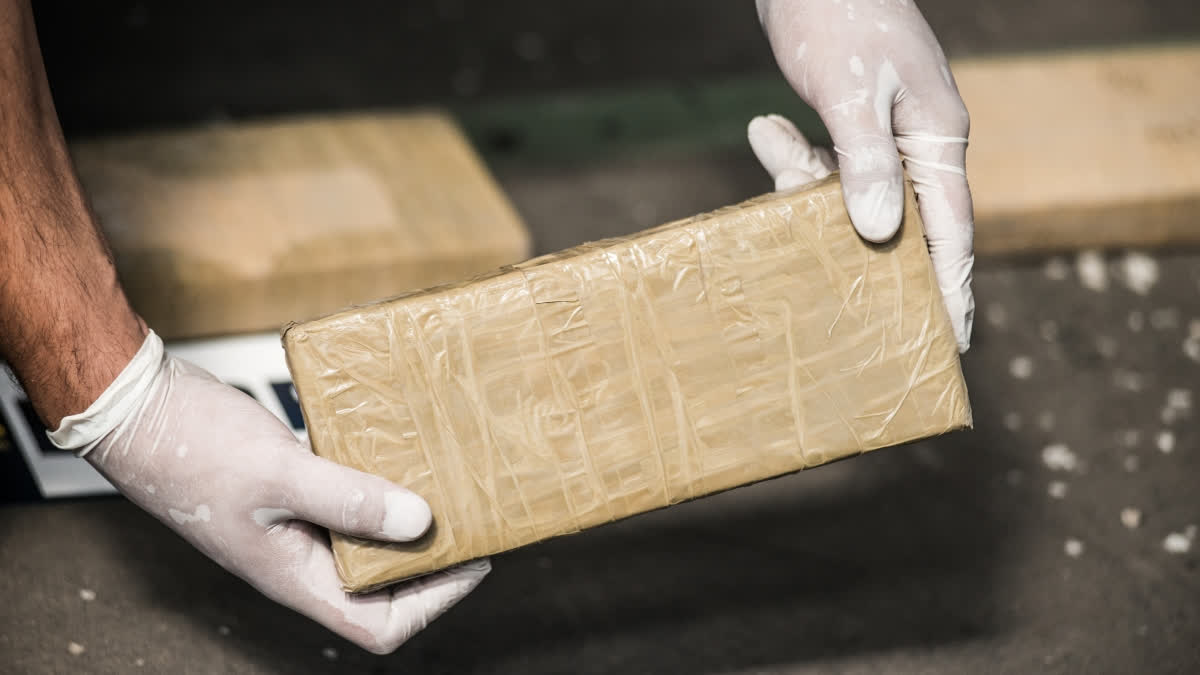Hyderabad: Smuggling, a global problem impacts countries and regions around the world. Various decisive actions have been taken by governments worldwide to fight smuggling, such as improving border security, tightening trade regulations and increasing cooperation with the outside world to tackle transnational crime networks. However, smuggling is becoming a serious problem and needs to be dealt with urgently.
India has been a lucrative destination for smugglers and one of the most significant victims of their illegal activities. To address the critical issue of smuggling and reinforce FICCI CASCADE (Committee Against Smuggling and Counterfeiting Activities Destroying the Economy) has designated February 11 as Anti-Smuggling Day in 2022.
This year marks the third anniversary of Anti-Smuggling Day, the day's main objective is to highlight the important issue of smuggling and reiterate our commitment to create awareness.
History: FICCI CASCADE (Committee Against Smuggling and Counterfeiting Activities Destroying the Economy) took the lead and launched 'Anti Smuggling Day' on February 11, 2022. FICCI CASCADE also successfully runs a nationwide campaign to address the challenges at the regional and national levels.
The Anti-Smuggling Day was launched to increase coordination and cooperation among law enforcement agencies, facilitating better sharing of information and experiences and building a strong network to find innovative solutions to combat the menace of smuggling.
What is Smuggling? According to the Directorate of Revenue Intelligence (DRI), smuggling is the secret movement of goods across national borders to avoid customs duties or import or export restrictions. It typically occurs when either the customs duties are high enough to allow a smuggler to make a large profit on the clandestine goods or when there is a strong demand for prohibited goods, such as narcotics or weapons.
Major smuggling goods in India
- Minerals
- Narcotics
- Foreign currency
- Liquor and other drugs
- Weapons
- Cell phones
- Body parts of wildlife animals and exotic animals and birds
- FMCG personal goods and FMCG packaged goods
What can be the impact of smuggling?
- Smuggling contributes to the rise in organised crime, as it creates a profitable underground market for criminal groups to exploit.
- Smuggling directly or indirectly helps terrorist organisations financially.
- Generating and circulating black money.
- Smuggling involves avoiding or evading taxes and tariffs, resulting in significant revenue losses for governments.
- Overall, it harms the country's development and economic growth.
How to minimise smuggling?
- Increase border security and surveillance.
- Improving cross-border coordination between different agencies and countries.
- Educate people about the dangers and consequences of smuggling.
- Encourage local involvement in anti-smuggling efforts.
- Improve detection and tracking of smuggling activities.
- Strengthen custom controls and inspections to detect smuggled goods.
- Address the corruption and effectively maintain the law and order.
- Improving economic and social conditions to reduce the causes of smuggling.
According to the DRI ( Directorate of Revenue Intelligence), smuggling results in an annual drain of $2.2 trillion globally.
According to the FICCI CASCADE report, illicit trade leads to an estimated legitimate employment loss of 15.96 lakh and the government incurred a tax loss of Rs 58,521 crore in 2019-20, with two highly regulated and taxed industries, tobacco products and alcoholic beverages, accounting for nearly 49 per cent of the overall tax loss.



